The representatives of the 33 countries of the Community of Latin American and Caribbean States (Celac) have received unanimous applause on Tuesday the return of Brazil to the regional forum, after the then president Jair Bolsonaro withdrew from it in 2020. " A Celac without Brazil is a much more empty Celac”, said the Argentine president, Alberto Fernández, at the opening of the VII summit of the bloc held in Buenos Aires.
Three weeks after assuming the leadership of Brazil, Luiz Inácio Lula da Silva is the star of a meeting in which he will seek to promote the integration of countries that are going through multiple political and economic crises.
The absence of the Venezuelan Nicolás Maduro and the tension over the future of Mercosur also mark the continental event.
In his two previous presidencies, Lula increased Brazil's political weight by building bridges between emerging countries and industrialized nations through the BRICS group (Brazil, Russia, India, China and South Africa) and promoting Latin American forums such as Unasur and Celac.
Now, from Buenos Aires, Brazil has renewed calls for regional integration, but that desire runs up against a great diversity of national agendas.
"Brazil is once again with open arms," Lula summed up on Monday at the press conference held with Fernández at the Casa Rosada as part of his first official visit in his third term.
Brazil and Argentina announced an ambitious financial, energy and technological integration agenda that marks a change of course after the disagreements of recent years between Fernández and Bolsonaro.
However, it remains to be seen if the harmony is maintained with the successor to the Argentine president, who will be elected at the polls next October.
The biggest obstacle on the horizon for the integration promoted by Lula is in the negotiation of a free trade agreement between China and Uruguay, outside the Common Market of the South (Mercosur) that it shares with Brazil, China and Uruguay.
Mercosur prohibits bilateral agreements, but the Uruguayan Luis Lacalle Pou has decided to move forward on his own after the bloc's difficulties in reaching significant common agreements, such as the one negotiated for two decades with the European Union, which was closed in 2019 and is pending ratification. .
The "destiny" of South America "goes through strengthening the economic bloc," said Brazilian Finance Minister Fernando Haddad on Tuesday.
The Brazilian minister has anticipated that the main objective of Lula's visit to Uruguay this Wednesday is to strengthen Mercosur.
“In bloc we are stronger”, agreed the Argentine ambassador in Brazil, Daniel Scioli.
The call for heads of state in Buenos Aires has finally been less than expected, with important absences such as that of the president of the second largest Latin American economy, the Mexican Andrés Manuel López Obrador.
Maduro gave up traveling at the last minute for security reasons, amid protests called against him and the rejection expressed by the Argentine opposition.
Without Maduro, the number of protesters at the gates of the event venue did not exceed one hundred.
Among the 13 presidents present are the aforementioned Lula and Lacalle Pou, the Colombian Gustavo Petro, the Chilean Gabriel Boric, the Bolivian Luis Arce and the Cuban Miguel Díaz-Canel.
advance of the extreme right
In his inauguration speech, Fernández called for the strengthening of institutions and democracy in the face of the advance of "a recalcitrant and fascist right" and gave as examples the attack on the Brazilian Congress and the failed attack against the Argentine vice president, Cristina Fernández de Kirchner.
The host has positioned himself against the economic blockades suffered by Venezuela and Cuba, but has made no mention of the lack of freedoms in both countries.
The Argentine president has also made no reference to the deep institutional crisis that Peru is going through, with a succession of presidents in recent years.
The repression of the protests in the streets against the current president, Dina Boluarte, has already caused nearly fifty fatalities.
The summit will end this afternoon with a joint declaration and the announcement of the successor to Alberto Fernández at the helm of Celac.
The strongest-sounding candidate is Raph Gonsalves, president of the Caribbean state of Saint Vincent and the Grenadines.
Subscribe here to the EL PAÍS America newsletter and receive all the latest news in the region.

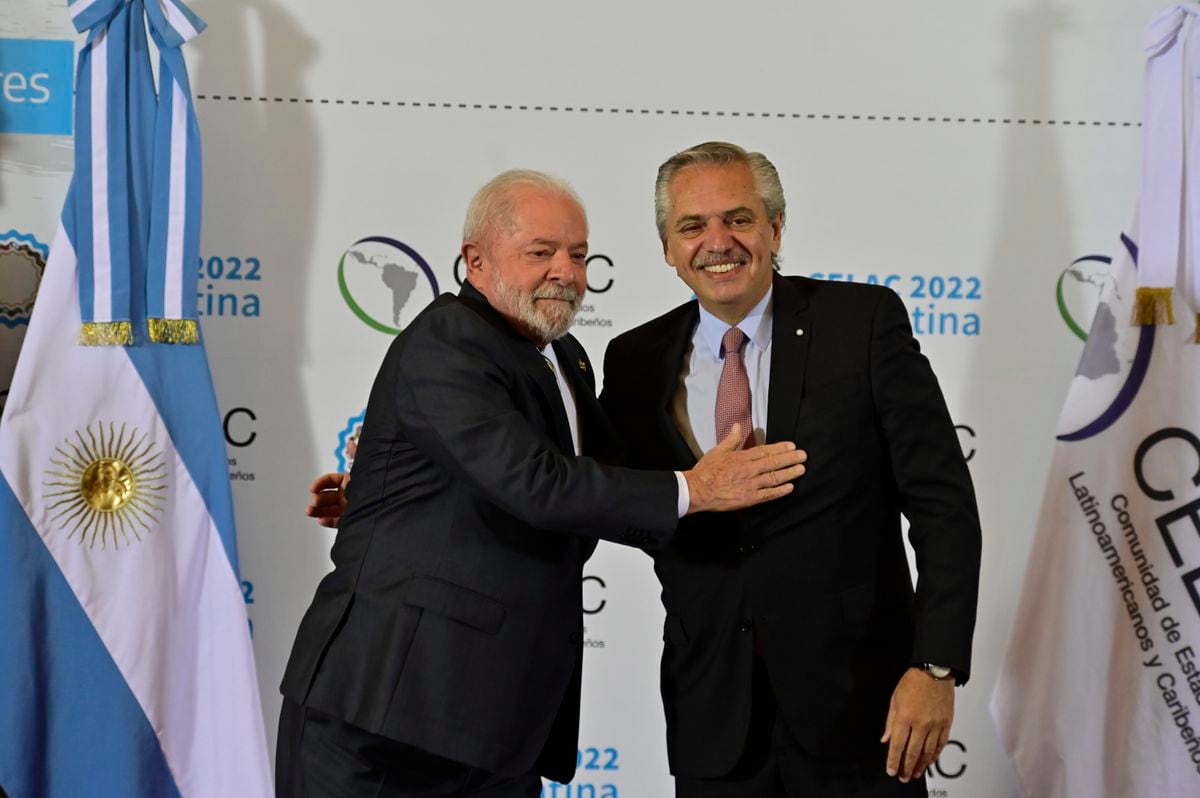
/cloudfront-eu-central-1.images.arcpublishing.com/prisa/2C5HI6YHNFHDLJSBNWHOIAS2AE.jpeg)

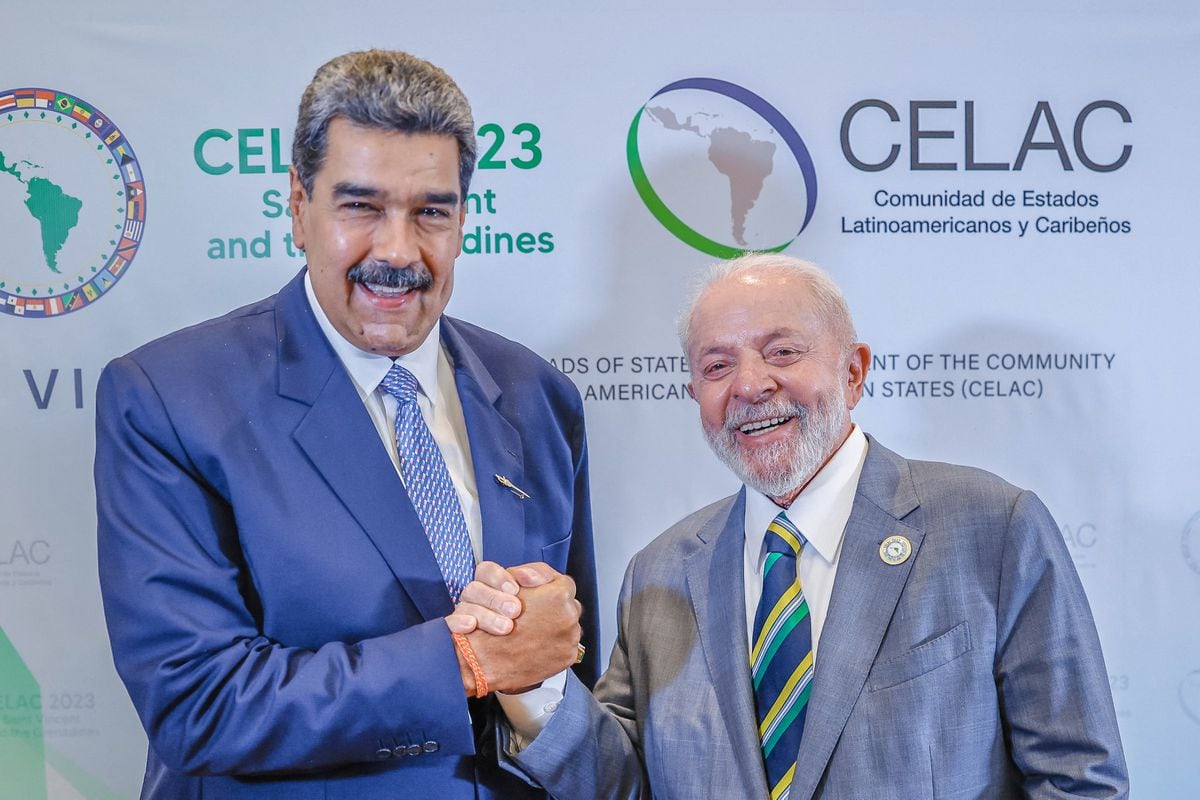
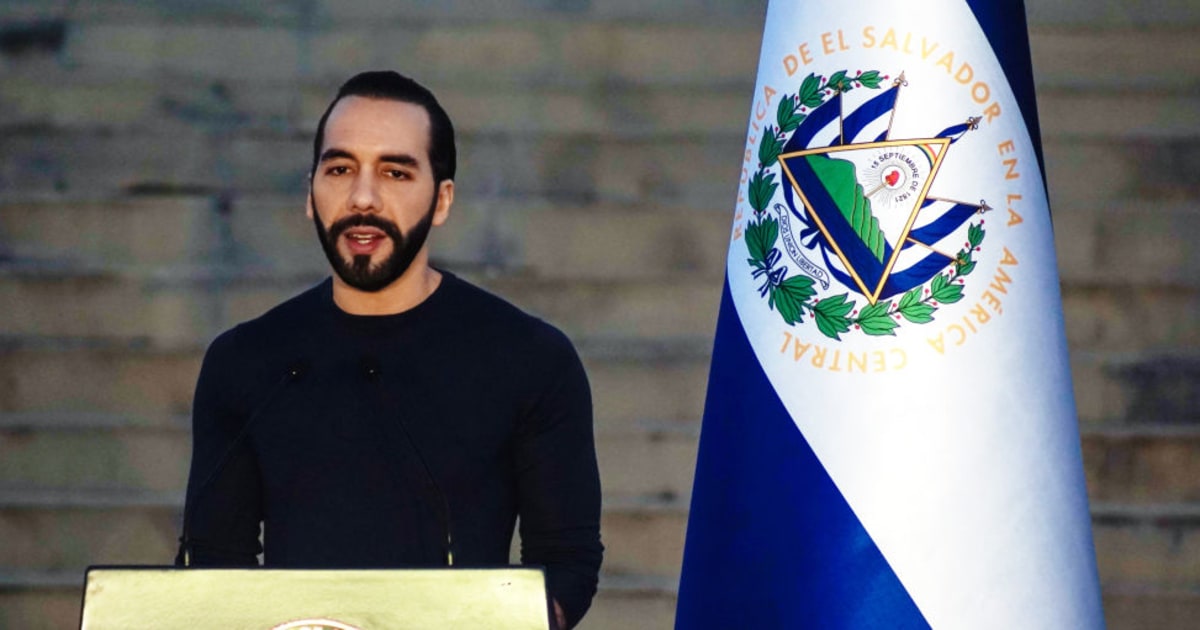

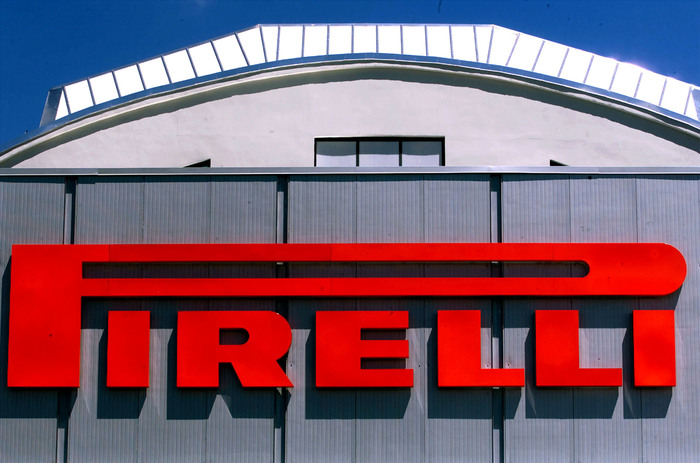
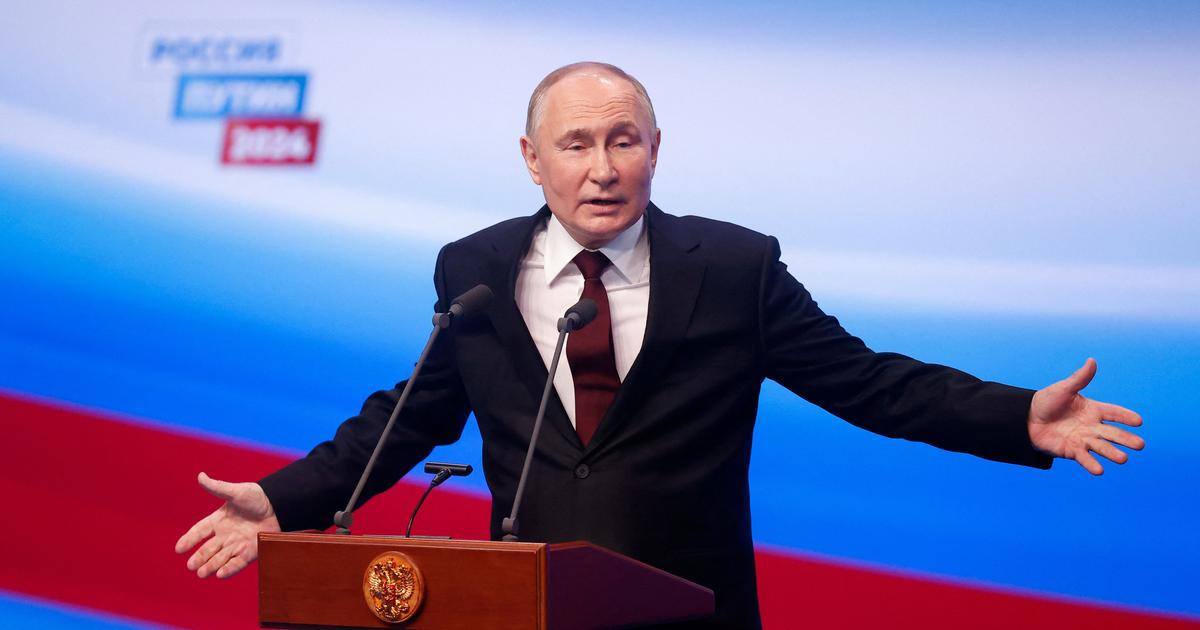
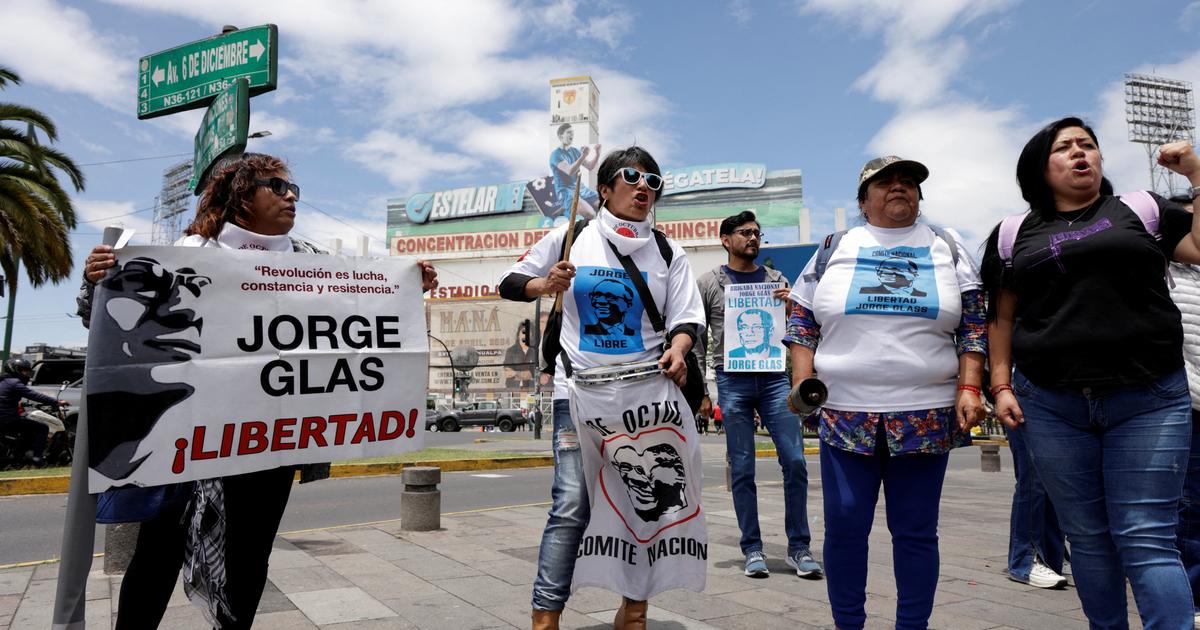


/cloudfront-eu-central-1.images.arcpublishing.com/prisa/KMEYMJKESBAZBE4MRBAM4TGHIQ.jpg)


